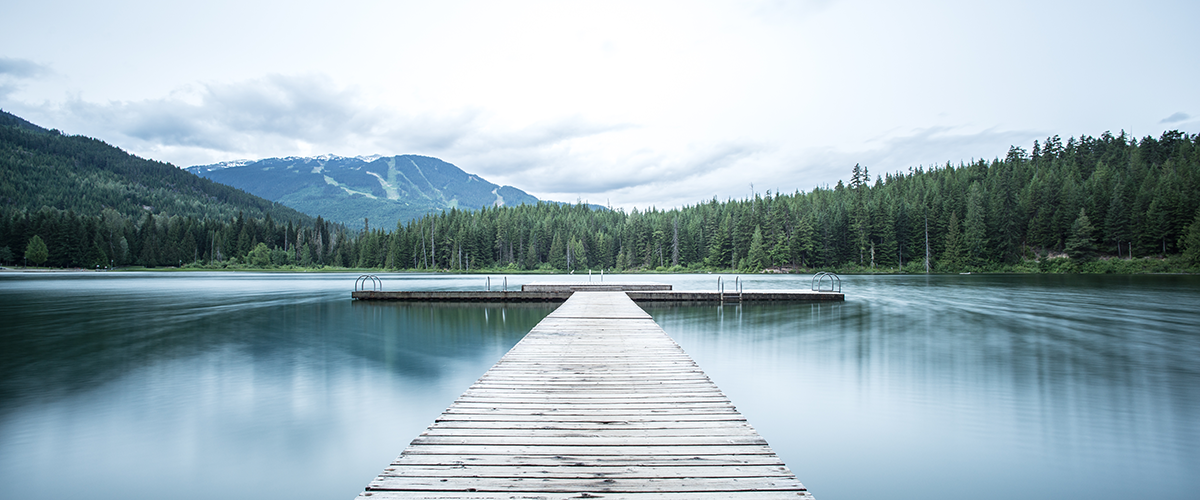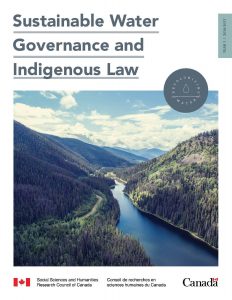Script: What is “UNDRIP”?
Lisa Girbav: When people talk about Indigenous rights, you may hear people use the acronym “UNDRIP”. UNDRIP is shorthand for the United Nations Declaration on the Rights of Indigenous Peoples.
This declaration is an internationally recognized, voluntary standard of achievement, developed at the United Nations. The UN an international organization that is made up, currently, of 193 member states (UNDRIP, 2008, p. 1, p. 4). UNDRIP was adopted by the General Assembly in 2007 (UNDRIP, 2008, p. 1, p. 4). The General Assembly is made up of the member states of the UN, and makes “recommendations to states on international issues” (General Assembly, Functions and Powers, para. 1). Each member state of the United Nations gets a single vote in the General Assembly.
The United Nations Declaration on the Rights of Indigenous Peoples is the result of many years of policy work, formally starting in 1982, with advocates and social movements beginning much earlier than the 1980’s. Indigenous people were “looking for international help in recognizing and addressing Indigenous issues” (Champagne, 2012, p. 9). This work started with a working group from the UN’s Economic and Social Council, with the goal of setting a minimum set of “standards that would protect Indigenous people.” (Division for Social Policy and development of Indigenous Peoples, Historical Overview, para. 1). The first draft of this declaration was submitted in 1994, twelve years after its initial inception (para. 3). According to the United Nations website, this processes was slow, as States were concerned for some of the provisions in the draft. This included provisions around self-determination for Indigenous peoples and control over natural resources (para. 4). which is linked to collective property rights in Indigenous territories. The UN Human Rights Council adopted UNDRIP in 2006 (para 6), then the General Assembly adopted the draft resolution that same year.
But it wasn’t until September 13th, 2007 that the General Assembly, made up of all the member states of the UN, voted on the adoption of the United Nations Declaration on the Rights of Indigenous Peoples. In the initial vote, UNDRIP was adopted by 144 member states, with four votes against and eleven abstentions. The four member states that voted against the adoption of UNDRIP were Australia, Canada, New Zealand and the United States.
These four states have something in common, they’re all fairly young states with a much older history of Indigenous occupation. They are all former British Colonies with existing Indigenous peoples. These colonies eventually developed their own systems of self governance, separate from Britain, as settler-states. There was concern that UNDRIP would threaten to undermine the order of these settler-states, particularly in provisions around self-determination and collective property rights for Indigenous peoples. Since the initial adoption and opposition of UNDRIP, Australia, Canada, New Zealand and the United States have reversed their positions, and are now in support of UNDRIP. Colombia and Samoa have also since endorsed the declaration.
The United Nations Declaration on the Rights of Indigenous Peoples acts as a voluntary set of minimum standards for Indigenous rights, but the declaration is not legally binding for states to adhere to. UNDRIP recognizes the injustices suffered by Indigenous peoples from “their colonization and dispossession of their lands, territories and resources” that prevent them from exercising their right to develop politically, socially and economically to meet their needs and interests (UNDRIP, 2008, p. 2). The declaration also recognizes the need to respect and promote Indigenous rights as they’ve been outlined in agreements with states such as treaty relationships.
On self-determination, the United Nations Declaration on the Rights of Indigenous Peoples states in Article 3, quote:
Indigenous peoples have the right to self-determination. By virtue of that right they freely determine their political status and freely pursue their economic, social and cultural development. (UNDRIP, 2008, p. 4)
This part of the declaration states that Indigenous peoples have the right to determine their own future and political status without interference. In recognizing Indigenous peoples right to self-determination, Article 4 also outlines the right to autonomy or self-government as it relates to internal, local affairs and financing autonomous functions (UNDRIP, 2008, p. 4).
Another important aspect of UNDRIP is the concept of free, prior and informed consent, referenced in Articles 10, 11, 19, 28, 29. Free, prior and informed consent is the ability for a party to consent to or reject proposals form another party without coercion. For Indigenous peoples, this means that governments and private companies must attain consent in a fair manner.
UNDRIP describes the way states should consult with Indigenous peoples through their own “representative institutions”. Article 19 says:
States shall consult and cooperate in good faith with the indigenous peoples concerned through their own representative institutions in order to obtain their free, prior and informed consent before adopting and implementing legislative or administrative measures that may affect them.
The United Nations Declaration on the Rights of Indigenous Peoples has 46 articles in total, and is 15 pages long. The declaration is available online, if you’re interested in reading it in full.
Thank you for listening to this podcast from Decolonizing Water, “What is UNDRIP”. To learn more about free prior and informed consent, listen to the next podcast by Decolonizing Water.
My name is Lisa Girbav, your host and producer of this podcast. I’m also a Research Assistant for Decolonizing Water based out of the UBC Vancouver campus.
If you want to find out more information on Decolonizing Water, you can check out decolonizingwater.ca, or find us on Facebook and Twitter.
Learn more about CiTR’s Indigenous Collective and Unceded Airwaves here.
Suggested readings:
Askew, H., Snelgrove, C., Wrightson, K.R., Courturier, D., Koebel, A., … Bakker, K. (2017). Between Law and Action: Assessing the State of Knowledge on Indigenous Law, UNDRIP and Free, Prior and Informed Consent with reference to Fresh Water Resources. Sustainable Water Governance and Indigenous Law Project.
Morin, B. (2017). Where does Canada sit 10 years after the UN Declaration on the Rights of Indigenous Peoples? Retrieved from http://www.cbc.ca/news/indigenous/where-does-canada-sit-10-years-after-undrip-1.4288480
United Nations. (2008). United Nations Declaration on the Rights of Indigenous Peoples. Retrieved from http://www.un.org/esa/socdev/unpfii/documents/DRIPS_en.pdf

